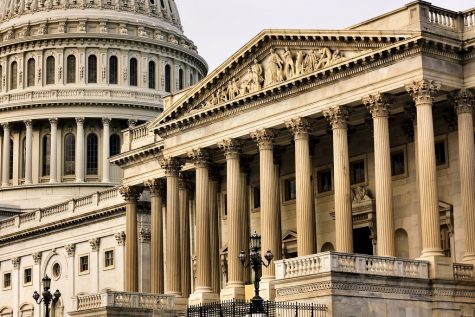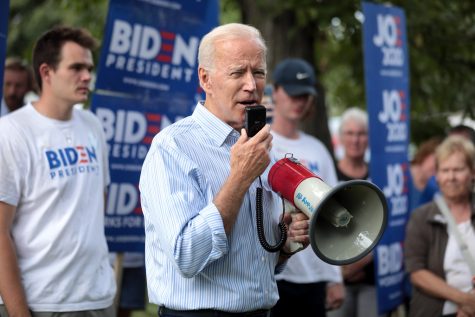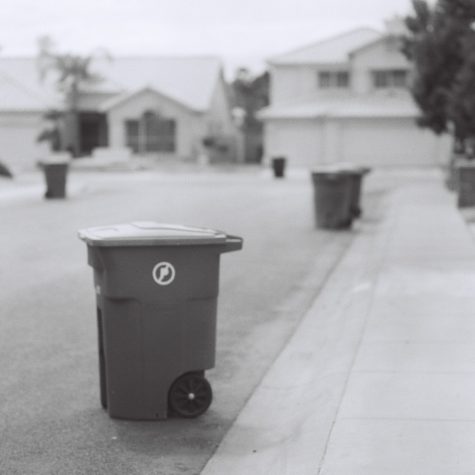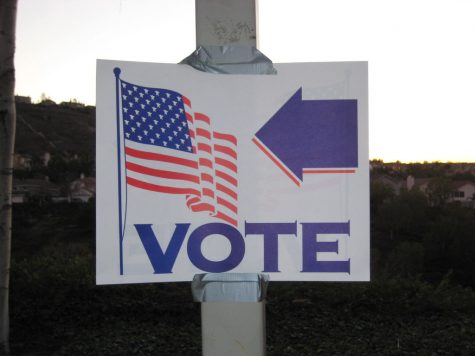Black and White and Green All Over: The Affluenza Case (Opinion)

Ethan Couch (Photo by Jalisco State Prosecutor’s Office)
February 5, 2016
On June 13, 1994, Nicole Brown Simpson and Ronald Goldman were found murdered outside the woman’s house, allegedly murdered by O.J. “The Juice” Simpson. Due to his widely popular football career, Simpson’s case was soon at the forefront of every American media outlet within the week. His amazing defense “dream team,” headed by Johnnie Cochran, Robert Kardashian and Robert Shapiro, helped the jury to acquit O.J. because the “glove did not fit.”
But mainly, it was because his money could talk for him.
For years, people with a certain amount of money have been said to be able “to get away with anything.” After the march on Wall Street calmed down into a peaceful, slow walk, reactions to the wealth gap and its perceived effects on the American public fell into a sitting position. About two years later, on June 15, 2013, Ethan Couch crashed his car, killing four and injuring another. Couch, sixteen at the time, went to court and, now eighteen, plead guilty and got off on the now-famous “affluenza” defense.
In many trials, when it is abundantly clear to both the defendant’s lawyers and the prosecution that he is guilty, the defense will use a variety of pleas to get an easier sentence. Plead insanity and have a psychiatrist run some tests, and a murderer can go to rehab and take some mandated pills for five years, and then be back on the streets for better or worse. Go to jail for a few months, sell your boss out, and that gangbanger is running for a new mob within the year. Affluenza, however, was novelized by Couch’s defense, claiming that Ethan’s immense wealth prevented him from understanding societal problems and the value of human life. Though the defense seems absurd, what shocks people is the fact that it worked, and that maybe there is some merit to the claim.
Just this Tuesday, producers on the FX network released “The People v. OJ Simpson”, the first mini-series in what might turn into a larger production of the “American Crime Story” series that the show is subtitled under; the series has already received large amounts of critical acclaim and is said to be one of the best new shows of the year. For many students at Cistercian, ask a him who OJ Simpson is, and instead of “football player,” you’ll hear “murderer” or “alleged murderer” or “innocent” or “who?” but before the trial, he was the world’s biggest celebrity. Now streaming on Netflix is “Making a Murderer” the story of Stephen Avery, who was totally unknown before the series, and was arrested and found guilty for a crime that DNA evidence would have exonerated him from. The difference between the “protagonists” of these two series? One was found guilty and one was not; one didn’t have money, and one definitely did.
Ethan Couch is another member in the long line of trial suspects that can settle out of court for large sums of money or get off entirely using their immense means.
However, the OJ Simpson murder analogy goes deeper. At the time of the Simpson trial, Black activists were clamoring over the police brutality at the hands of the LAPD, and one of the most significant reasons that OJ was found not guilty was the prevalence of racism in previous cases. While many people are more than confused about the results of his trial, the case and its underlying significance was not just thought up as a last-minute effort to keep Couch out of the slammer. As the recession seems to finally be over, and wealth returns to many Americans, the wealth gap, highlighted by the 1% protests, and Bernie Sanders’ presidential campaign, “affluenza” is the perfect defense to take advantage of the newest societal outrage.
At a school where most students have enough money to do as they please, many don’t understand the value of a dollar until they get much older. Despite its inconvenience, or convenience, money is a leading factor controlling how people see and interact with the world. In an era where prosperity is more than likely here to stay, and the big banks and corporations will be able to fail almost without consequence once again, it is time for Americans to ask not “How the hell did this kid get away with it?” or “Are you voting for Bernie Sanders?” but rather “What can we do about the way money affects the world?” Without a comprehensive solution anywhere on the horizon, the tragedy is not that four people have been killed, but that many more could follow, and the idea of “affluenza” that so many people scoff at is actually a legitimate defense, and a stark look at the reality of the capitalist society we live in.









